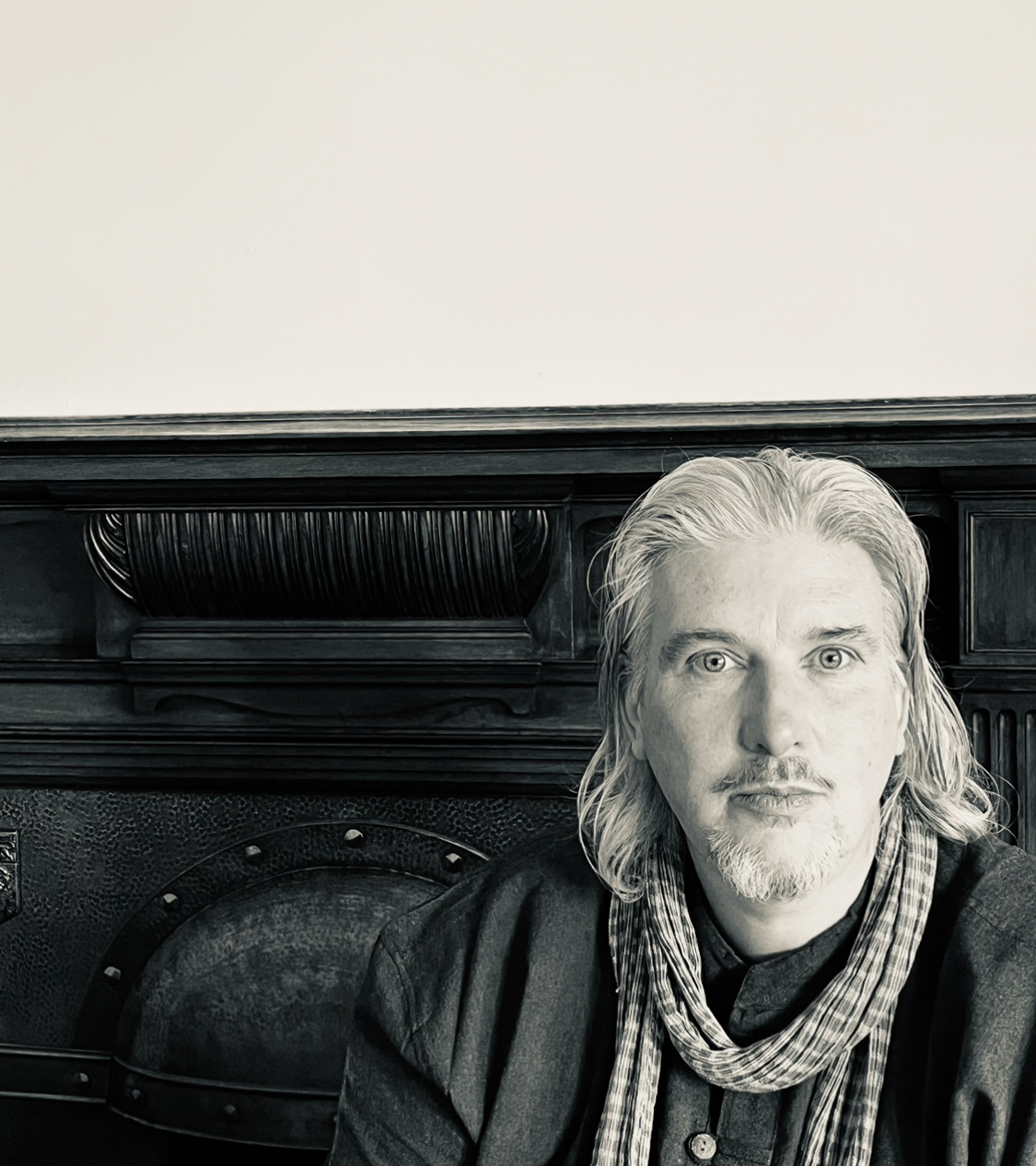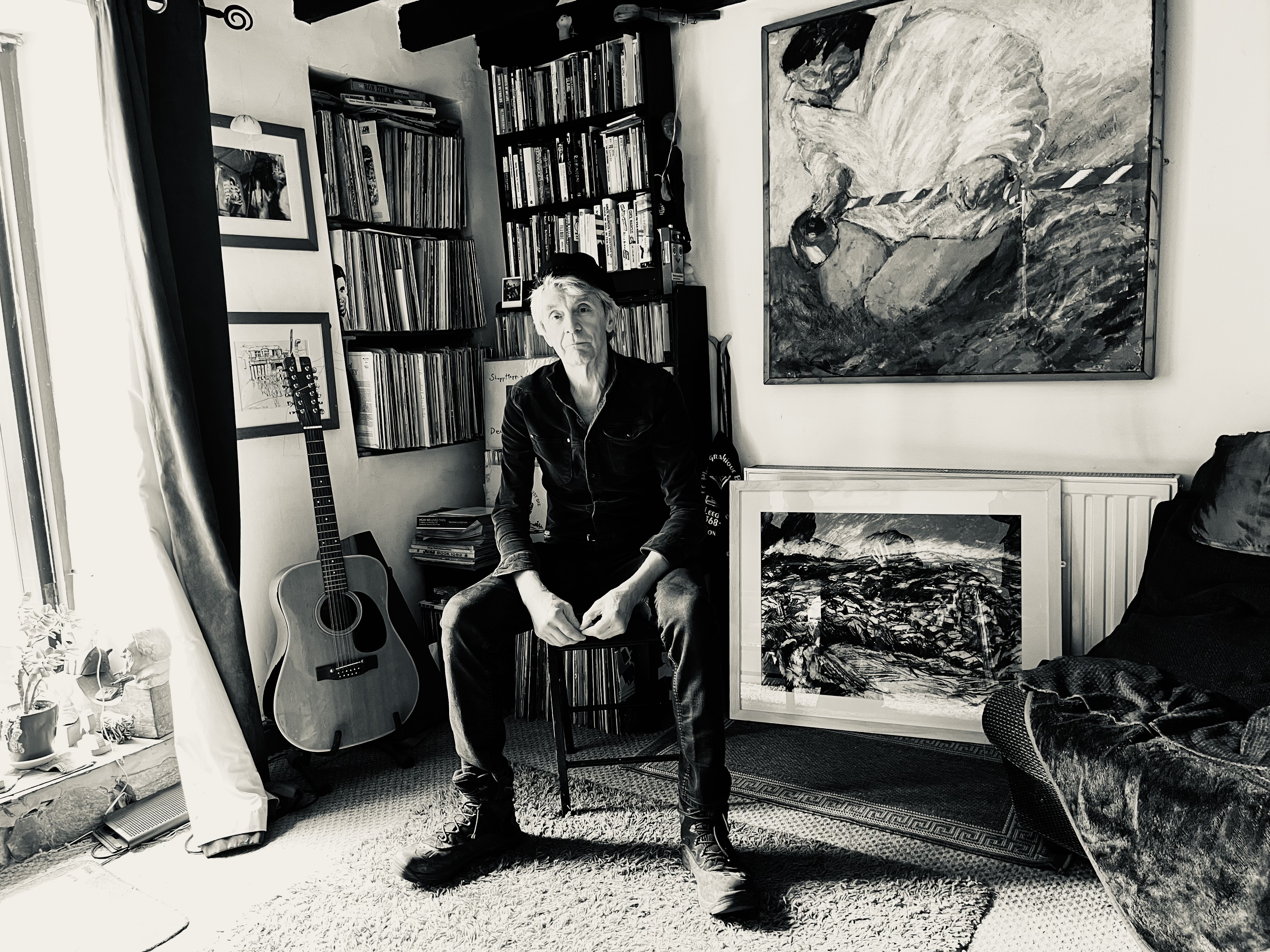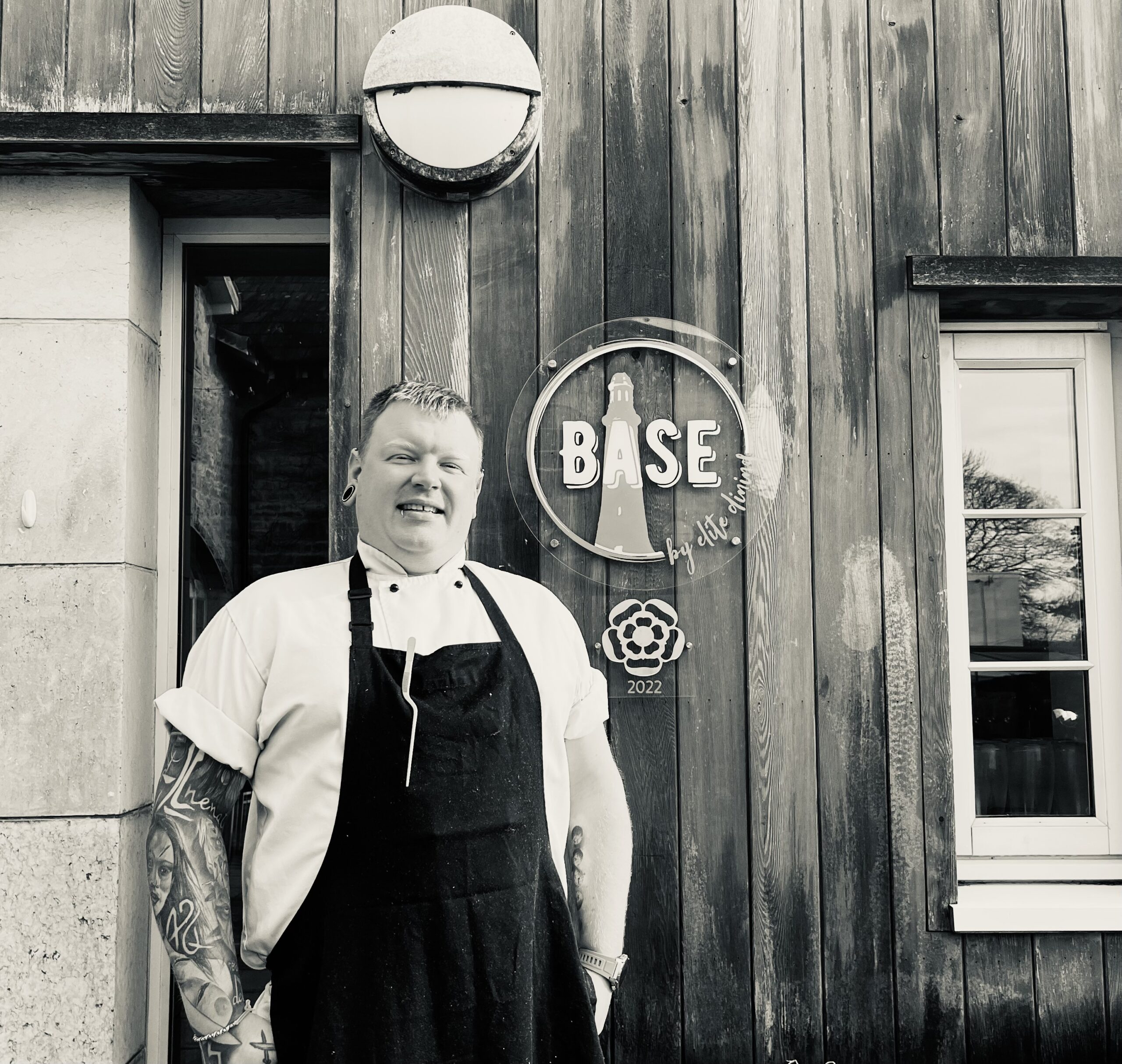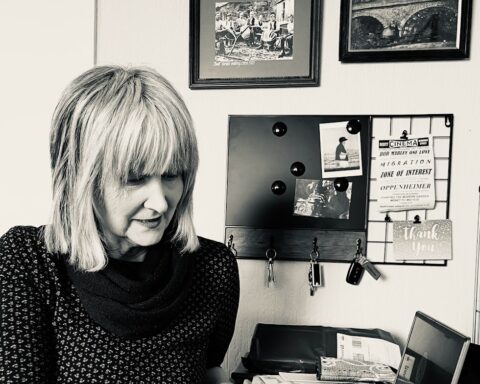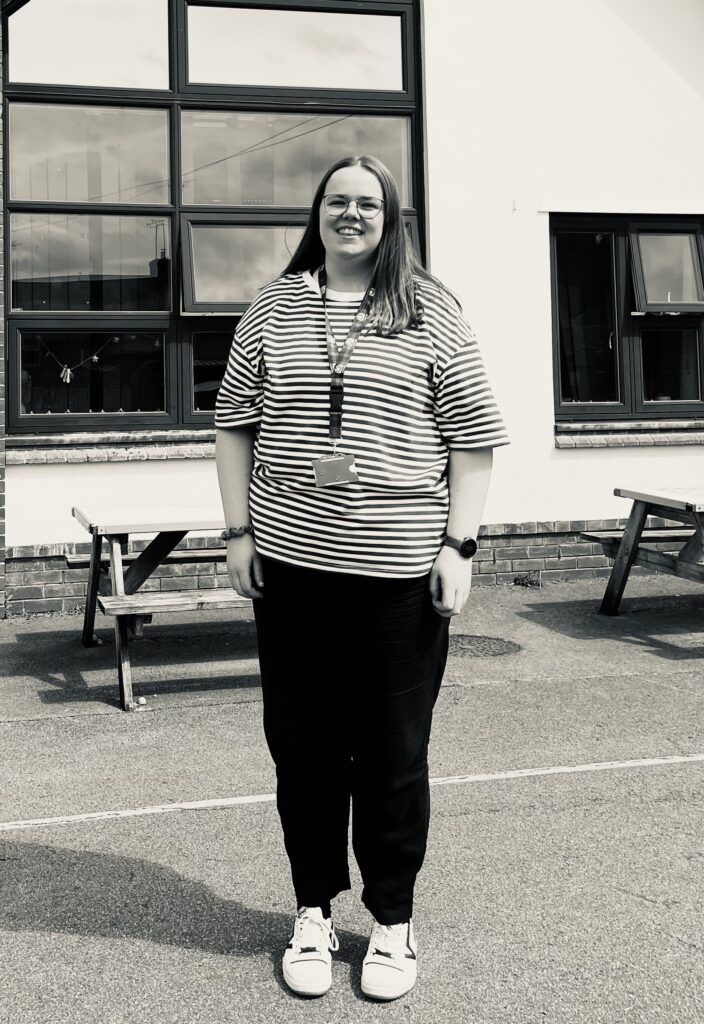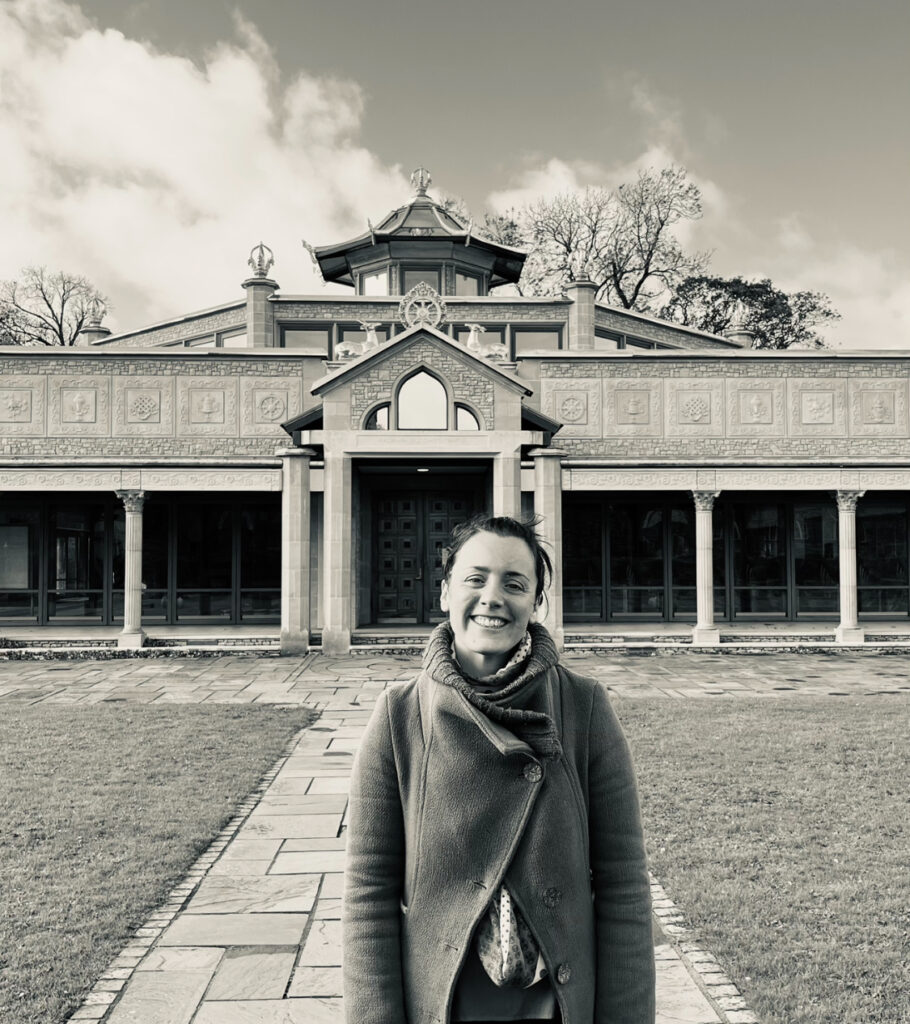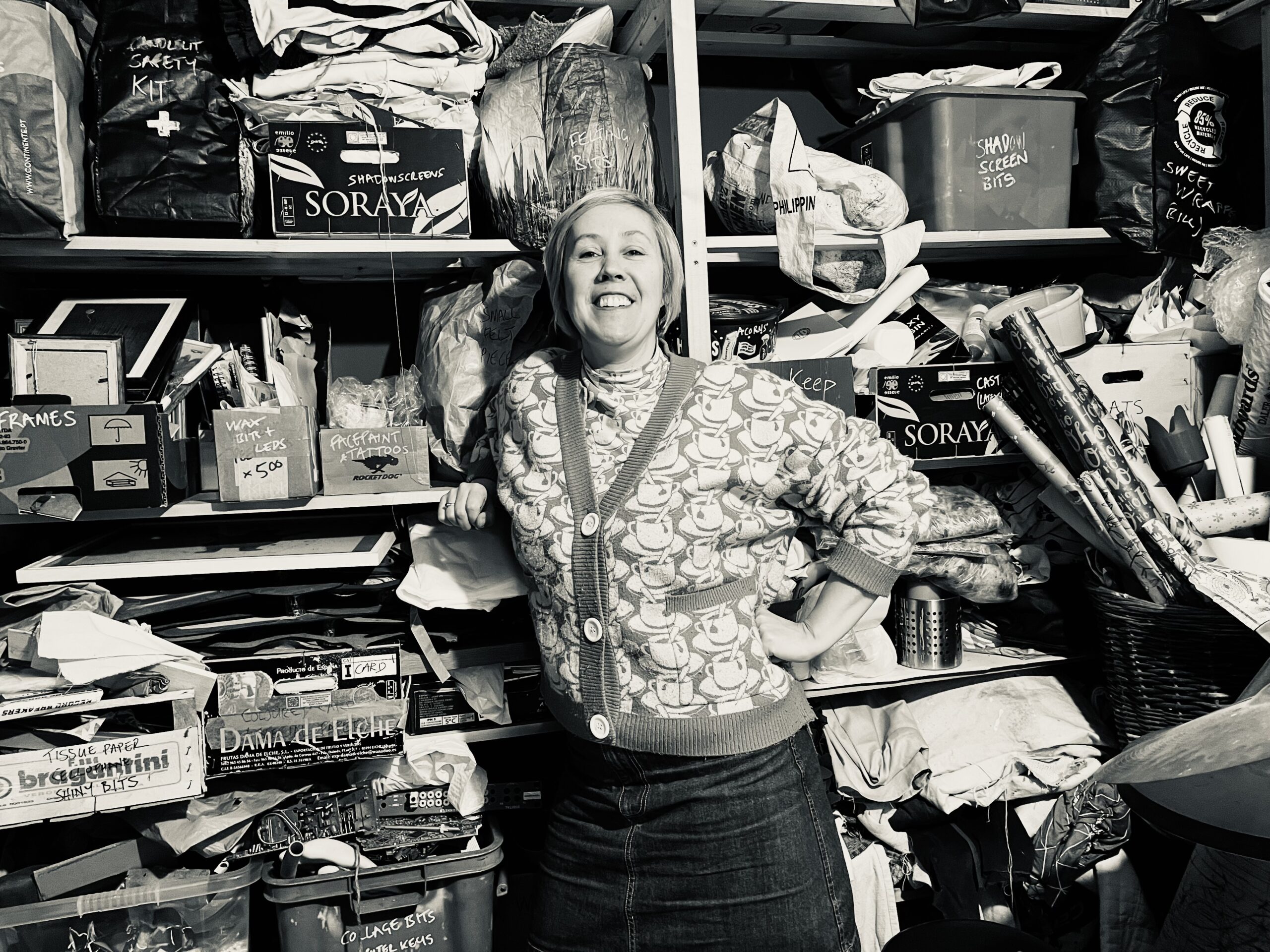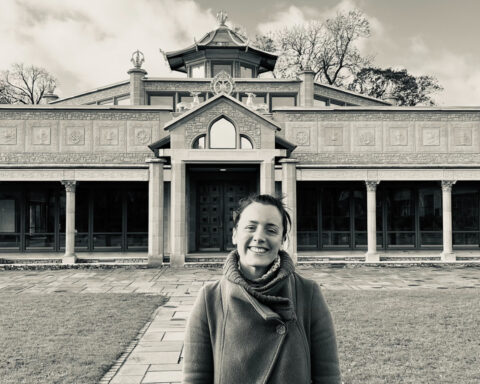|
Getting your Trinity Audio player ready...
|
TIU : Hi Stephen! So you started life in Scotland – what drew you to this part of the country?
S: In 2003 I went to study Fine Art at the Cumbria Institute of the Arts in Carlisle and in the final year of my art degree I found myself needing somewhere to stay. I could have moved in with my girlfriend of the time but I think we might have ended up killing each other! Life in Carlisle was quite cosmopolitan then with lots of art students. There was this amazing shop there called “Strawberry Fields”, it was just full of stuff and full of art students. I would be in my studio most of the day painting until quite late. Just something about Carlisle at that time was buzzing. The Fine Art department at the Cumbria Institute of the Arts was just phenomenal with the most amazing tutors who came up from London and world class artists who would visit. As far as I am concerned it was THE place to be. It was fabulous. Anyway, I was in the health food shop in Carlisle and I met this lass that had been in the year above me and told me she was living in the local Buddhist centre and knew they had some rooms available and that I might want to move in with them. I thought, why not? I had sort of studied Buddhism in the nineties because I lived quite near Samye Ling Tibetan Buddhist Centre near Lockerbie – I knew a bit about it and had an interest. I worked in Pakistan and Zambia in the years before and to get around telling people I was an Atheist, (which never necessarily went down well), I would tell them I was a Buddhist. It was easier than explaining why I didn’t believe in God. So I would perhaps refer to myself as a Buddhist just to make life easier if I was travelling overseas. So I moved into the Carlisle Buddhist Centre and finished my degree and I came down to Ulverston for the Buddhist Summer Festival. They were about to start the temple project, doing the gardens and putting that gold up on the roof. I originally come from a horticultural background so I studied garden design and botany and they asked if I wanted to do the temple gardens and so I came here to do that. I’ve stayed in Ulverston ever since then. Well, I stayed at the, (Manjushri), for a spell but then left and moved briefly to Surrey. I hated Surrey so I moved back up and I’ve been here ever since! Because I am involved in Art and Film I meet a lot of people and I just ended up staying here.
TIU: What are your thoughts on the town?
S: Ulverston has changed it has lost its quaint market town alternative scene. It’s almost like there has been an explosion of housing with BAE. I am a pacifist I totally disagree with nuclear weapons being used as a deterrent for peace. The town has changed a lot and I don’t dislike it but for me it has lost a lot of its charm. People on the alternative scene that sort of made Ulverston the alternative festival town – these are the people who can’t really afford to live here now. I feel slightly at a crossroads with Ulverston – because I am and have always been a pacifist I’ve never been in a fight in my life but I’ve had aggression at weekends in Ulverston when I’ve been walking through it. There is a notable shift in it. I don’t find it the most pleasant of places especially at weekends – I sort of navigate my way through it if I am off to a dinner party or whatever and I need to get through the town centre and I think it has changed and not for the better. I’ve been here over twenty years and I still live here, but…
TIU: I know what you mean but I think Ulverston is just catching up to the way the rest of the world is going. Especially after the lockdowns in my personal opinion, a lot of aggression – be it suppressed, passive and outright! What do you like about the town?
S: I like to go up almost to the Hoad. I used to live quite near to Burns Cottage – the birth place of Robert Burns the famous Scottish poet – and one of my claims to fame is that even though my Grandfather was president of the Burns Club I’ve visited the cottage only once in my life. I take the same view of Hoad – been up it once and I don’t need to go back up again. Even if I am asked to go up it I won’t get as far as it I will always veer off and go back down. It’s a nice walk, a nice view but I don’t need to do that twice. I like a walk down by the canal and then go for a pint of beer at the bottom.
TIU: Would you ever go back to your roots in Scotland?
S: No I would never move back to Scotland. I sound Scottish and I was born in Scotland but I don’t feel Scottish. My Grandfather was from Middlesex – there’s that whole side of the family.
TIU: What led you to Druidry?
S: I studied the work of John Matthews when I was in my twenties. He wrote a book called The Celtic Shaman. Ross Nichols, (the father of modern Druidry), and Gerald Gardner got together in the fifties and Nichols said he would go for a modern Druid order and Gardner founded the modern Wiccan order – Wicca. It’s interesting because Wicca is a masculine term but it’s mainly more or less used by women. So I was reading that in the nineties – I was already marrying Buddhism and Shamanism and Druidry in this melting pot throughout my twenties. Most of my thirties I was into Buddhism but found modern Buddhism a bit ridiculous. I had access to Tibetan Buddhists and was more drawn to that side. Tibetans are really superstitious and there is the Bon tradition within Tibet which is a Shamanic tradition. I found Bon fascinating because it’s mostly Shamanism with lots of ghost stories. My spiritual practice keeps morphing – its a fluid thing. But I use the Druid term. I could say to people that I am a Shaman. That’s really my thing and my Shamanistic practices come from studying Druidry. It is easier to call myself a Druid. Easier for people to digest. I say Druid because people maybe understand a bit more about where I am in my life journey but I am more into Shamanism. I go into the woods and I play my Shamanic drum and go into a trance and have amazing dreams and talk to nature spirits and stuff. I don’t like to label myself but I suppose on social media and as a writer, its easier. The thing is we don’t really know anything about the ancient Druid practise – nothing was written down and its really for the person to chart their own course. My issue with modern Druidry is no matter what be it British Druid Order or The Order of Bards, Ovates and Druids that I am part of is it mixes with saints and you wonder how saints have anything to do with ancient Druids? In Buddhism too, a whole lot of stuff gets thrown into it. If you look at Buddhism as a philosophy there’s a lot there that’s fascinating. But its like everything else, it becomes religion and the message gets lost within the dynamics of the instituition or organisation. I am very anti-religion. I was a Buddhist monk for five years and I have an appreciation for Buddhism as a philosophy but certainly not as a religion. My own philosophy used to be that I would try anything once. I used to do performance art – shave my head and wear different types of clothing so it was no great stretch! I personally think Druids were Shamans I don’t know where the word Druid came from but I think they were Shamans. Most cultures have a Shamanic society. I don’t think they had anything to do with Stonehenge or stone circles or all that malarky. I think that its something different that is still to be explained. And that’s my journey into Shamanisn. At the moment I am reading about Yogananda – an Indian yogi from the twenties. It’s amazing. Like Buddhism 2.0! Buddhism says you must achieve enlightenment but Yogananda says you are already enlightened you just have to clear away some of the fog that still in your mind and then that’s you – liberated. Yogananda is a far more positive view on humanity and perhaps Buddhism.
TIU: You have many aliases one of them being the Bard of Cumberland – does that stem from your interest in folklore?
S: Yes! My grandpa told stories of fairies and mermaids and my grandmother would tell stories from Ireland. Apparently some Banshee announced the death of one of her ancestors in Ireland which I think is pretty cool. I grew up with folklore but i didn’t really know folklore until much later when the genre started appearing on my twitter feed. I’d always known quite a bit of Cumbrian folklore because we used to holiday here as kids. My father was such a workaholic that he only ever got as far away as Cumbria so he could rush back to Ayrshire in an emergency! We went to Somerset one year but that was too traumatic for him so we usually only got as far as Penrith! I was very feral as a child so I would just take off. That was a time when parents could let their children go and be free and do stuff. My mum tells the story of when I was quite young maybe three or four and I was standing in Bassenthwaite Lake holding this big snake – Look mum, look what I’ve found! And all I heard was “Argh! Stephen put it down!” Clearing Bassenthwaite with a snake that was longer than me! I knew quite a lot of tales from Cumbria and I’ve always been interested. I used the Bard of Cumberland and with hindsight – hindsight is a great thing isn’t it? – with hindsight I should have used Bard of Cumbria or something like that. But I used Cumberland because my surname Rae is actually from Cumberland origin. Rae and all the deviations of Rae and Rowe are very old Cumberland names that have associations with deer I think – the person that runs with the deer. I chose Cumberland because I felt very much at home in Cumbria in the 1990s as I did when I had my previous job as an agronomist. It is annoying in modern culture you see people being called Bards when all they do is write some poems. Bard is a very old Druidic term for storyteller who perhaps is a musician or poet as well but its a term that’s misused in popular culture and another reason why I used it. Cumberland because of my name and Bard because at that point my main practise was trying to navigate modern druidry.
TIU: And you are a regular writer too?
S: I am currently writing two folklore books – one is an extensive book on northern english folklore but with a bit of shamanism and druidry weaving through it and the other is a character within northern western folklore and I am tying it into other folklore traditions around the world through words and art.
TIU: Art, yes because as you mentioned earlier, you are also a painter?
S: I am an artist, yes. I produce paintings based on characters from from folklore and mythology. But my current thing is Haiku poetry based on characters from folklore and mythology. The book of Haiku I have out right now is called “Sometimes I Stop and Look Back” which is sixty of my favourite Haiku that are narratives to the changing seasons and my changing mind. That’s out now and you can get it on Amazon, or here, (Evermore Vintage), Libra, TP frameworks and Suttons Bookshop. I have been writing poetry for thirty years and a claim to fame I have is that the Dalai Lama has a book of my Haiku poetry.
TIU: How did that come about?
S: An ex girlfriend’s friend who was this elderly lady who had previously travelled and spent time in Tibet which at that time would have been quite difficult, had met the Dalai Lama on numerous occasions. My girlfriend would read this lady my Haiku and she loved Haiku anyway and asked if I would publish a little book of them for her and someone who was quite special in her life and it turned out to be the Dalai Lama. I published these two little books and got a letter back from the Dalai Lama thanking me which is pretty cool!
TIU: Is that framed and on the wall?
S: No, I’ve lost it! I’ve moved around so much in my life that I just lose stuff so it’s not framed, no!
TIU: It might be framed on someone else’s wall…
S: Yes! But the Dalai Lama does have a book of my poetry.
TIU: Unless he’s lost it? He’s pretty well travelled also!
You can buy Stephen’s latest book of Haiku on Amazon or at these local outlets : Evermore Vintage, Libra, TP Frameworks and Suttons Bookshop. Find out more about his work at Bard of Cumberland
